I had a job I loved. And then, I couldn't do it anymore. And when I burned out it wasn't because of the child abuse or the horrible stories women told me about their own childhood or the mistreatment they had received at the hands of the men who should have loved them. It wasn't even because I was getting such a warped view of men, dealing with the victims of child and spousal abuse. If the majority of men I heard about in my job were toxic, some of them were wonderful fathers and husbands. Often the fault lay with the woman, or there was no fault, only lack of knowledge. Besides, if it got too bad, I could always see Richard or talk to Ted and remember just how good men can be.
 What got to me, in the end, were the women I could not help. The women, like Rodin's Fallen Caryatid, who were crushed by the weight of a burden that no one person should be asked to bear. The women that no one could help. I carried a client load of at least 36 and that was only part of my job, which meant that I saw them for an hour every other week, working Tuesday through Saturday. Alternate Saturdays, that last year, the last clients I saw were not the same ethnic group; didn't live in the same area; other than being young and female, weren't even close in appearance. But they could have been the same woman. (And I had many more just like them.) This was how I ended my week. Every week. There was one visit that was symptomatic of them all. The young mother told me that she had almost hit her kids the day before. In response to questioning, she slowly revealed that instead of hitting them, she told them to go hide in their rooms because she was afraid of what she might otherwise do. It had been Friday of a long, hard week. She had gone to pick them up after a full shift at her minimum wage job. Her feet hurt. She had been tired and hungry and cross. They had been tired and hungry and cross. The boys started fighting in the car, and although I had taught her that the thing to do in that case was to pull off the road and just sit there, saying nothing, until they quieted down, she couldn't do that because she was afraid that if she did, she would turn around, lean across the seat, and beat them senseless. When she got them home, carrying the youngest up three flights of stairs, the apartment was messy. She started to cook dinner, knowing that if she sat down she would never get up again. The boys were fussing and fighting and pulling on her jeans for attention, demanding to be fed right now. And so, she told them to go hide in their room. It happened at least three nights a week like this. There were a lot of long, hard weeks.
What got to me, in the end, were the women I could not help. The women, like Rodin's Fallen Caryatid, who were crushed by the weight of a burden that no one person should be asked to bear. The women that no one could help. I carried a client load of at least 36 and that was only part of my job, which meant that I saw them for an hour every other week, working Tuesday through Saturday. Alternate Saturdays, that last year, the last clients I saw were not the same ethnic group; didn't live in the same area; other than being young and female, weren't even close in appearance. But they could have been the same woman. (And I had many more just like them.) This was how I ended my week. Every week. There was one visit that was symptomatic of them all. The young mother told me that she had almost hit her kids the day before. In response to questioning, she slowly revealed that instead of hitting them, she told them to go hide in their rooms because she was afraid of what she might otherwise do. It had been Friday of a long, hard week. She had gone to pick them up after a full shift at her minimum wage job. Her feet hurt. She had been tired and hungry and cross. They had been tired and hungry and cross. The boys started fighting in the car, and although I had taught her that the thing to do in that case was to pull off the road and just sit there, saying nothing, until they quieted down, she couldn't do that because she was afraid that if she did, she would turn around, lean across the seat, and beat them senseless. When she got them home, carrying the youngest up three flights of stairs, the apartment was messy. She started to cook dinner, knowing that if she sat down she would never get up again. The boys were fussing and fighting and pulling on her jeans for attention, demanding to be fed right now. And so, she told them to go hide in their room. It happened at least three nights a week like this. There were a lot of long, hard weeks.No, she couldn't stop after work and take a walk or sit and have even a glass of water to relax, because her babysitter charged her $5 for every minute she was late; a couple of times a month she would get stuck in traffic and be two or three minutes late and it made a major dent in her budget. It meant she couldn't afford to pack a lunch for a day or two. No, she didn't have any support from family or the boys' father. No one, not even a friend she could trade babysitting with, to give her any respite.
What fun had she had that week, I asked. She and the boys had watched Mulan. In parts of Juneau TV doesn't get reception without cable and she didn't have it, only about six tapes, all children's tapes, purchased for $1 each at the pawn shop. How many times had she seen Mulan? Oh, at least 200. She was always broke; every week she paid what she had to to house and feed her family, and then the rest went to pay back the last person she had borrowed from. Which meant she needed to borrow from some one else to get through until the next paycheck. We checked her budget and it was bare bones. I have no idea how she survived; she certainly wasn't wasting any money that I could see.
And when I left, I closed her door behind me and leaned back against the wall; my glasses were too fogged by tears for me to dare to take the stairs. Because there was no way to help her, except to totally change society so that young women don't end up with burdens like this.
I had a job I loved. And then I didn't.
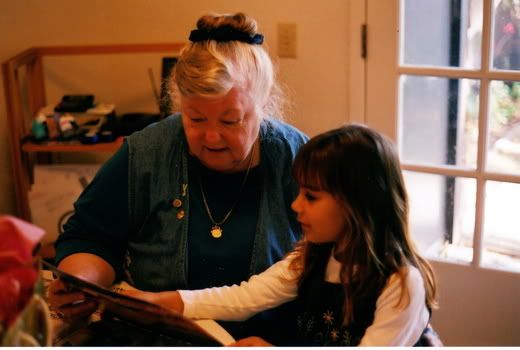
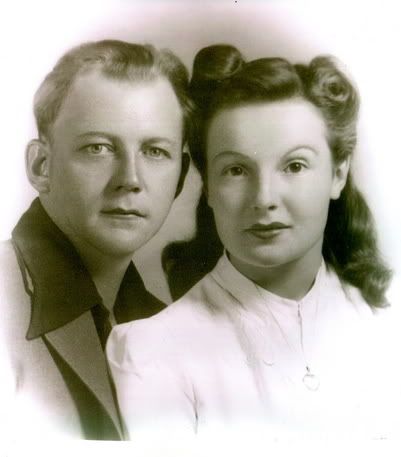
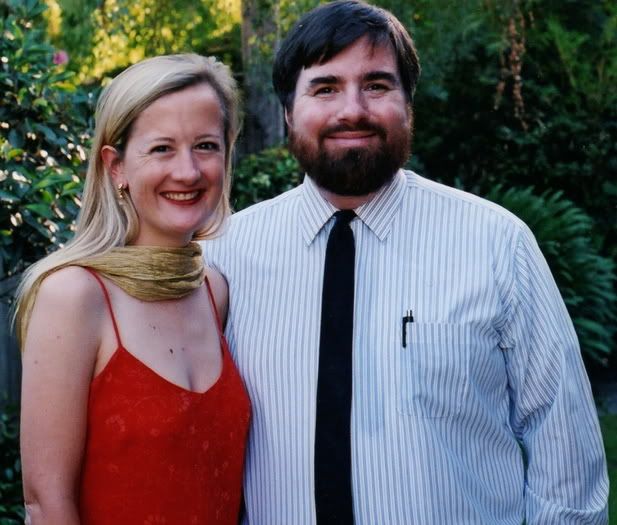
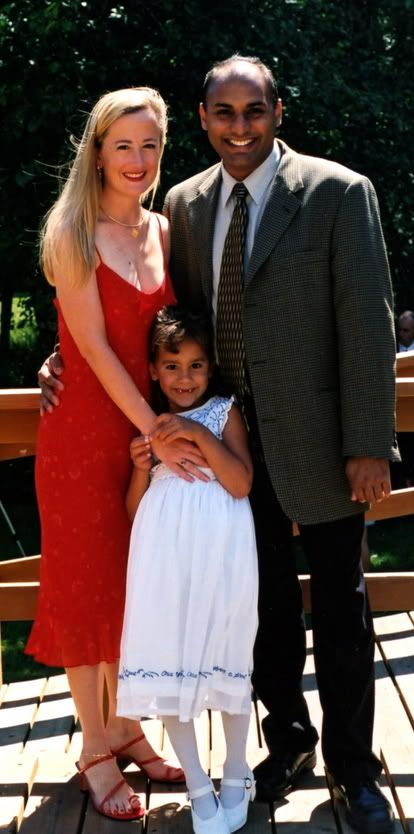
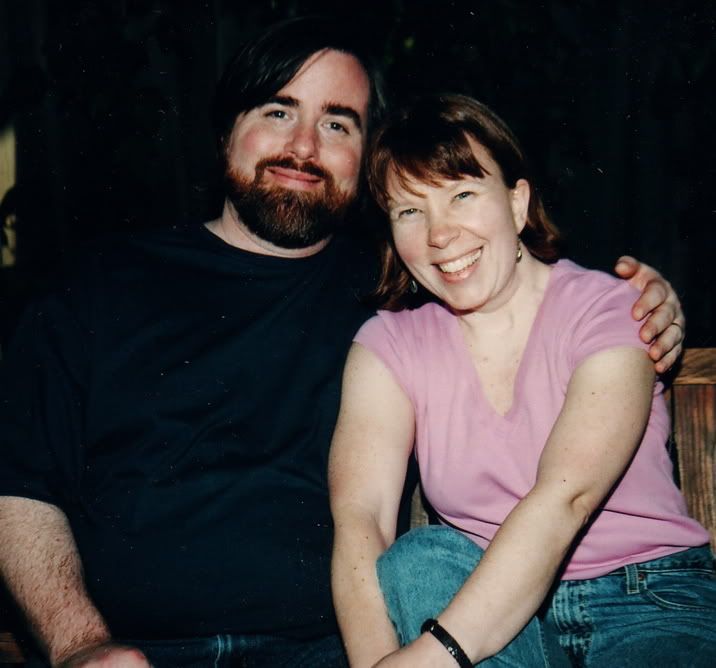













6 comments:
In college, I told my sociology prof that I might want to become a social worker. He said it wasnn't the right job for me; that I'd give all my paycheck away to my clients.
I was pretty shocked that you lasted at that job as long as you did. I've heard two or three years is typical burn out.
I wish that job weren't so hard. I wish there were a way to make it easier for families like this one, so you could fix it for them...so SOMEONE could fix it for them. :(
Your post brought tears to my eyes. How lucky those families were to have you in there lives. I wish I knew the answers and could change society.
You write beautifully.
Chancy
That is very sad and the worst part is those who might have wanted to help a woman like that financially (which I realize that was probably not the greatest of her problems) but they would never know of her need. As citizens, we live such isolated lives in our little cocoons with our friends, our families, and even when others live close by we often don't know of their desperation.
Hi,
I was looking for pictures of that Caryatid statue, and I happened across your site. The post that accompanied the picture was incredibly moving, thank you for sharing your story.
Post a Comment